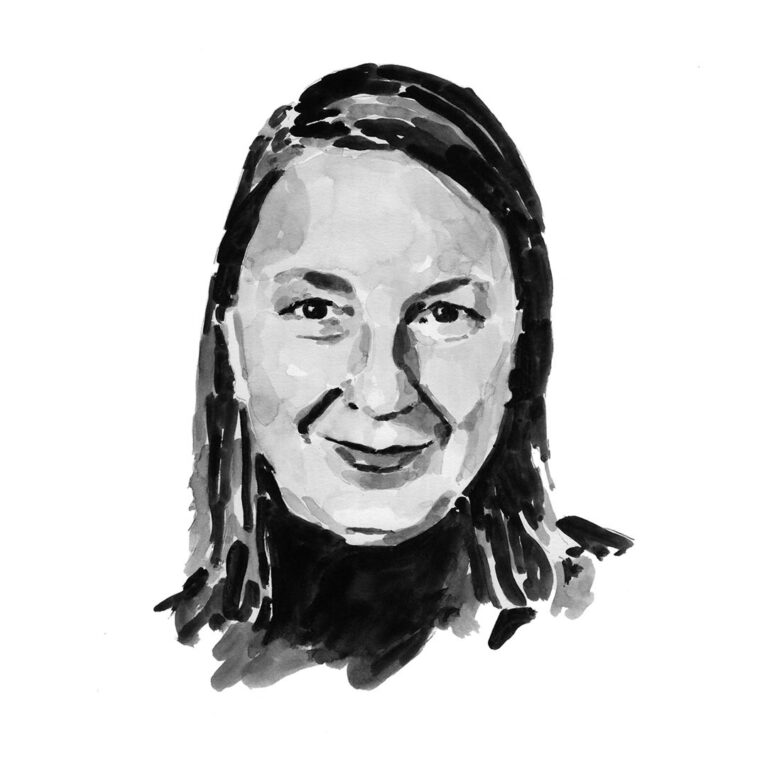Lynn Sorrentino

Who I am
I grew up in Northern California where, inspired by Jacques Cousteau and Sylvia Earle, I learned to dive in the late 1980s – using dive tables, not a computer! I am a lifelong learner with a deep interest in the marine and coastal environment. My first glamorous marine job before university was as a diver, cleaning very large habitats in an aquarium. I then went on to Humboldt State University, where I obtained my BSc in biology. My career began in software, acquiring the project management and data skills that help me now in my conservation work. I kept my feet wet with a lot of diving, volunteering as a beach cleaner, as a teacher of STEM to middle-school children and living on a boat in Seattle.
I have worked directly in conservation since 2011, including several years at the Ramsar Convention on Wetlands, and now at IUCN in the Global Marine and Polar team that is managing projects such as this new SOSF-sponsored initiative to define criteria for Important Shark and Ray Areas (ISRAs). In 2017–2018 I took the opportunity to obtain my MSc from Bangor University, Wales, in marine environmental protection, with a thesis on quantifying links between coastal flooding, human health and mental well-being in Wales that integrated social and marine sciences. I managed the IUCN’s Marine Plastics and Coastal Communities (MARPLASTICCs; 2017–2021) project, which generated knowledge, enhanced and developed national regulatory and economic policy guidance, built strong circular economy capacity and engaged with the private sector to stem the flow of plastic into our global ocean in Kenya, Mozambique, South Africa, Thailand and Vietnam.
Where I work
I now live and work in a land-locked country, Switzerland, for the IUCN and the project I am leading is a desk study: ‘Defining criteria for Important Shark and Ray Areas: regions, networks and intervention points for shark, ray and chimaera conservation’, with Dr Rima Jabado, the chair of the IUCN Species Survival Commission, Shark Specialist Group. We have hired an early-career shark researcher, Ciaran Hyde of Australia, to help drive this project and we will work closely with Dr Giuseppe Notarbartolo di Sciara, the chair of the Important Marine Mammals Task Force. This project’s primary focus is to generate usable knowledge for the definition and creation of ISRAs and to produce science-based guidance for establishing them. Its secondary focus is to produce an outreach package that will communicate the urgent conservation need for ISRAs. We are working with the IUCN SSC Shark Specialist Group and policy-makers to draft guidelines and draw up a paper to present at IMPAC5 in 2022 as a springboard for additional project support and uptake for ISRAs globally. Our presentation will include a key list of implementing partners, nations, NGOs and fisheries areas based on the priority regions identified for highest conservation impact.
What I do
My role is project management. Typically I set up meetings and webinars, track the budget, manage human resources, produce communications and social media content and ensure that the project stays on track to deliver our work within tight timelines. Within the IUCN, most of the work involves engaging with our finance and communications team members; and for the project, with external stakeholders
